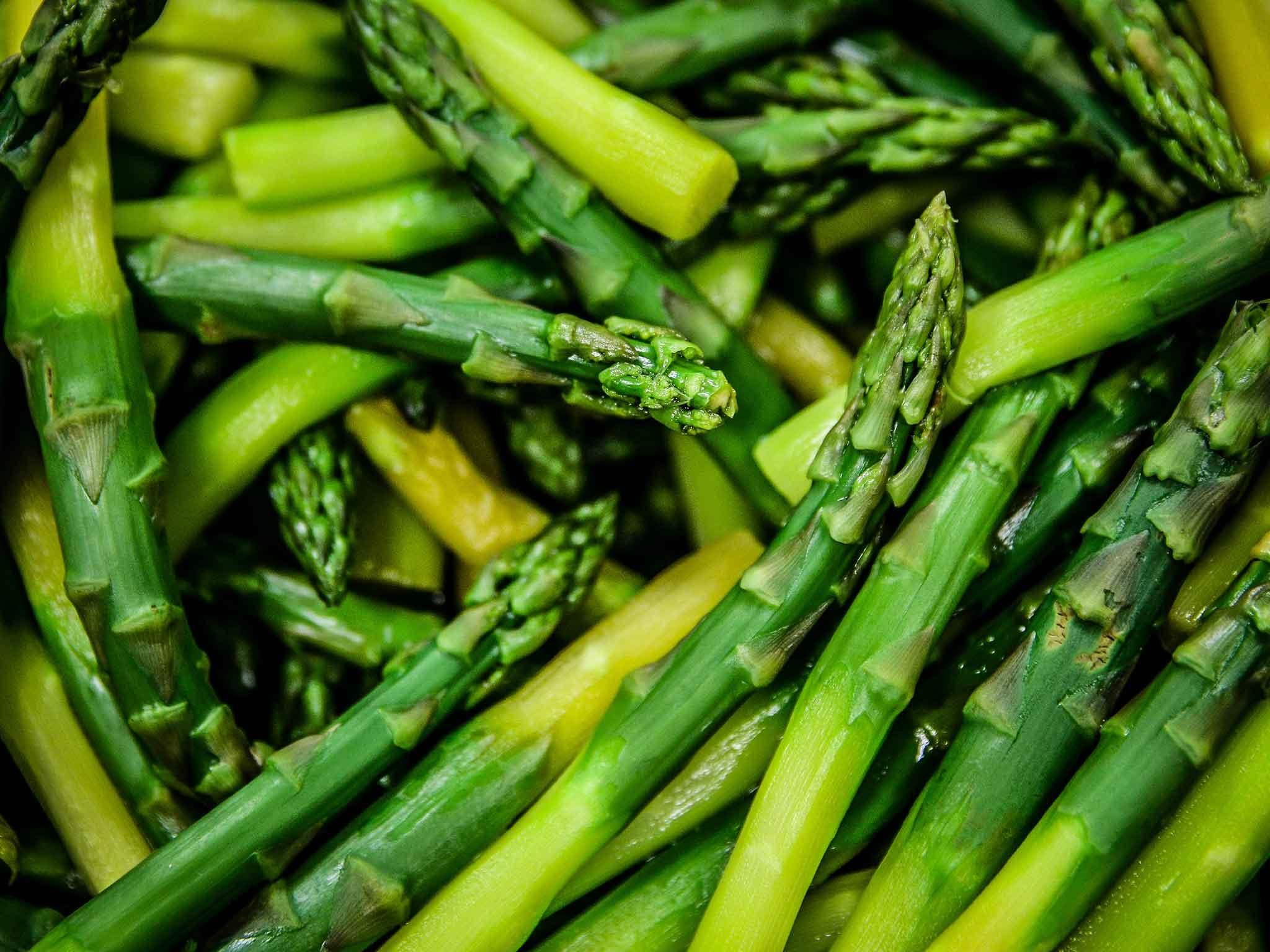Potential key to halting breast cancer's spread discovered by scientists
‘In the future, restricting this amino acid through a controlled diet plan or by other means could be an additional part of treatment for some patients with breast and other cancers’

A single molecule can have a profound effect on the ability of breast cancer to spread to other parts of the body, scientists have revealed.
Most breast cancer patients do not die from their initial tumour, but from secondary malignant growths (metastases), where cancer cells are able to enter the blood and survive to invade new sites.
Asparagine, a molecule named after asparagus where it was first identified in high quantities, has now been shown to be an essential ingredient for tumour cells to gain these migratory properties.
Researchers from the University of Cambridge have shown how limiting the body’s production of this amino acid – a building block for larger protein molecules in the body – or curbing it with drugs or dietary restrictions, significantly reduced the ability of breast cancers to spread.
The results have yet to be shown in human trial, but after tests on mice, academics said in future an asparagine restrictive diet and treatment could be given after surgery to remove the primary tumour.

The same pathway is also likely to be important for spreading other tumours, including neck and kidney cancers.
“Our work has pinpointed one of the key mechanisms that promotes the ability of breast cancer cells to spread,” said Professor Greg Hannon, lead author of the study based at the Cancer Research UK Cambridge Institute.
“When the availability of asparagine was reduced, we saw little impact on the primary tumour in the breast, but tumour cells had reduced capacity for metastases in other parts of the body.
“In the future, restricting this amino acid through a controlled diet plan or by other means could be an additional part of treatment for some patients with breast and other cancers.”
Asparagine is also found in soy products, poultry and shellfish, but Cancer Research UK – which part funded this study – cautioned that dietary restriction of high-asparagine foods has not been shown to be effective in human cancer patients yet.
It recommended that they speak with their doctor before making diet changes.
In the study, published in the journal Nature, the team showed that a blood cancer chemotherapy drug called L-asparaginase and a low asparagine diet significantly reduced cancer spreading in mice.
This is because the human body can produce asparagine, but tumour cells are unable to. They rely on freely circulating levels of the molecule in the blood, which L-asparagine breaks down.
The scientists used genetic modification techniques to “silence” a gene called ASNS (asparagine synthetase) in mice.
Humans also have this gene, which allows them to produce asparagine biologically. It is more active in the types of tumour that spread most aggressively.
The research team found that this genetic alteration had the same effect in reducing the spread of cancer, or made new metastases smaller with a combination of techniques producing the best results – and in some cases even shrinking the primary tumour.
The team then conducted a secondary exercise looking at data from human breast cancer patients and showed those who had more active ASNS genes (producing more asparagine) were more likely to have had their cancer spread and this also held true in other cancer types they looked at.
Professor Charles Swanton, Cancer Research UK’s chief clinician, said: “This is interesting research looking at how cutting off the supply of nutrients essential to cancer’s spread could help restrain tumours.
“The next step in the research would be to understand how this translates from the lab to patients and which patients are most likely to benefit from any potential treatment.”
Join our commenting forum
Join thought-provoking conversations, follow other Independent readers and see their replies
Comments
Bookmark popover
Removed from bookmarks